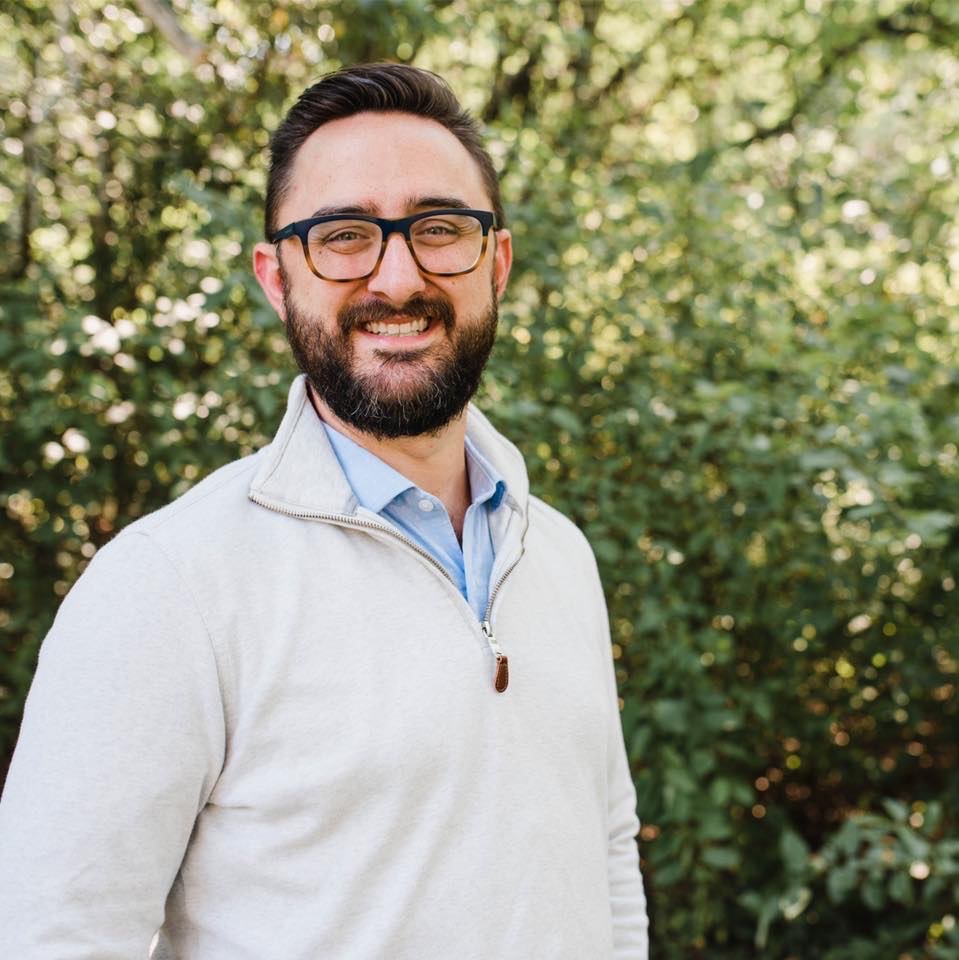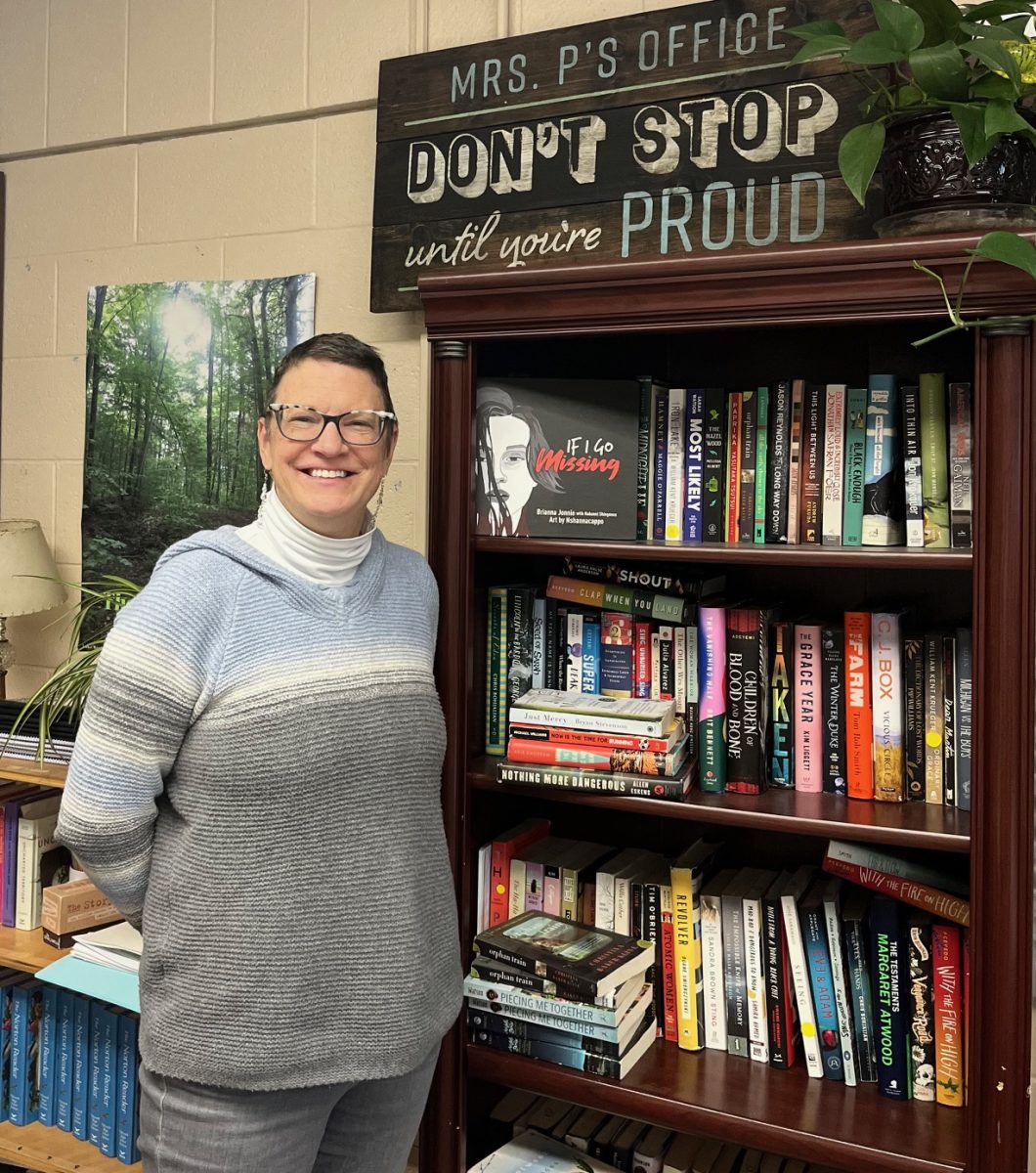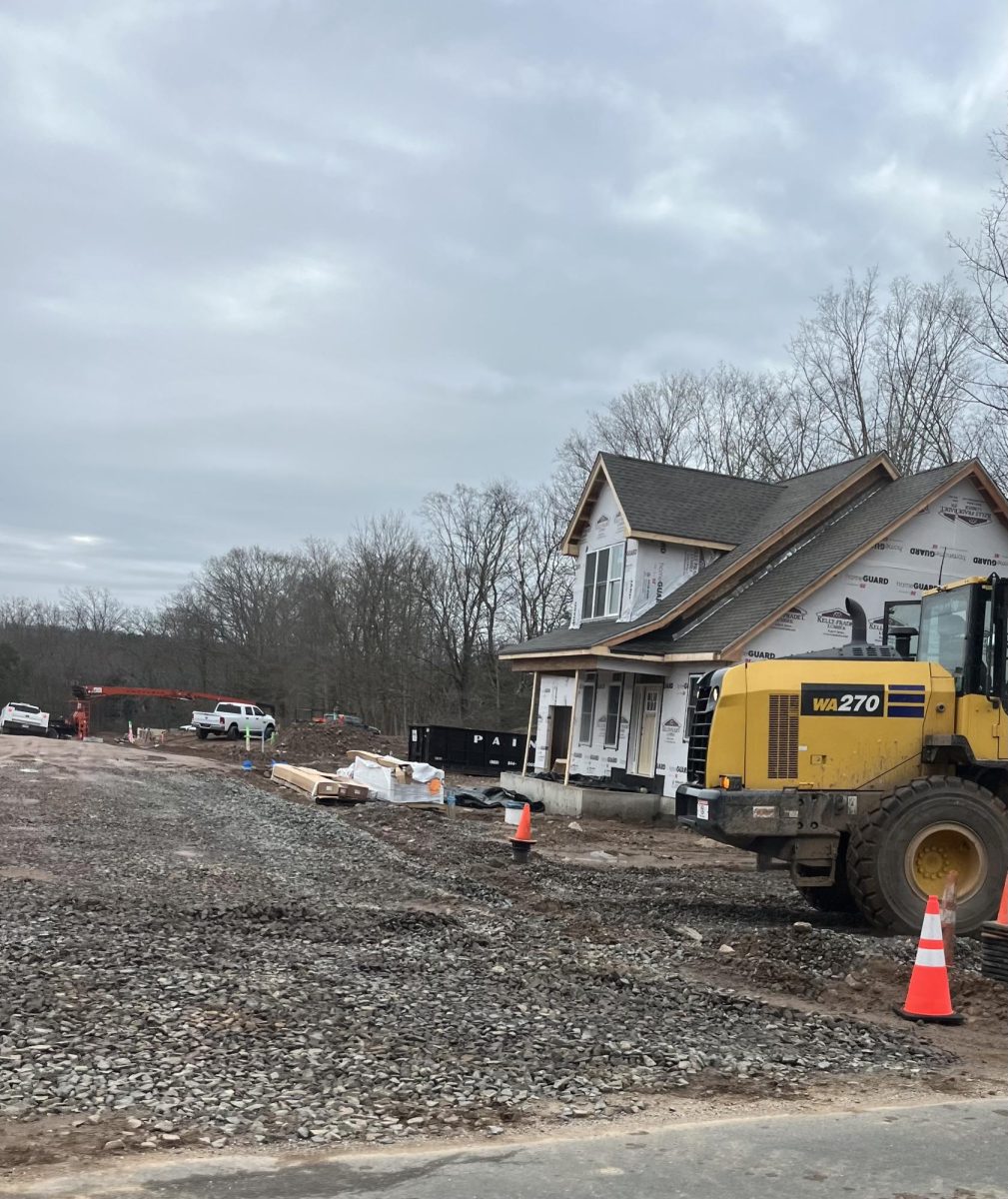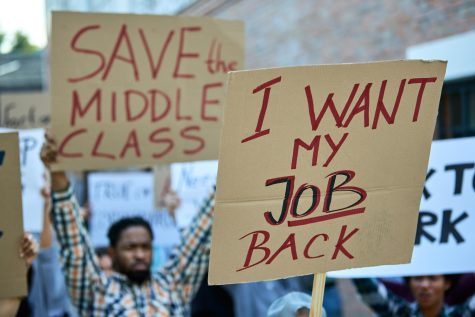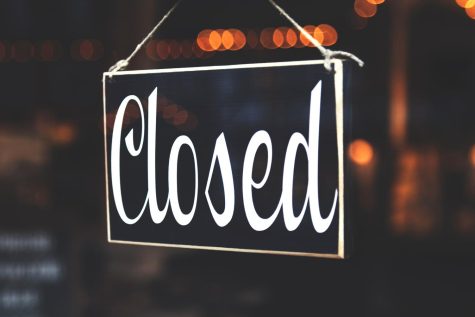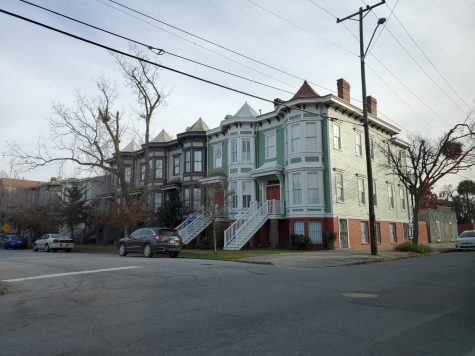The unseen disadvantages of American healthcare
Being constantly exposed to people on a daily basis puts essential workers like bus drivers at a higher risk for contracting COVID-19. Csongor Kemény/Pexels
April 21, 2021
Healthcare should be provided for all people, regardless of social status, income, race, or ethnicity. Unfortunately, there are social boundaries that prevent those of a lower income status to get the proper healthcare that they deserve. These health disparities have become even more prominent as the COVID-19 pandemic has continued for over a year.
Both poverty and proper healthcare access are factors that make minority groups, both ethnic and racial, more susceptible to getting sick and not being treated properly for illnesses. This fact holds true during the COVID pandemic.
Regardless of how much they want to, some people do not have the luxury to follow COVID guidelines while they are at work. Many workers, especially those in lower income jobs, are constantly surrounded by others, have close contact with people, or do not have the opportunity to work from home. Even when they are sick, people in these jobs still go to work because their employers don’t give them paid sick days. When deciding on whether to stay home or to earn money to provide from their families, people tend to pick the latter.
Not only do people face issues at work that expose them to COVID, some people are at risk of getting exposed to COVID in their own homes. Many people that are a part of ethnic minority groups are more likely to live in poor quality housing in which people live in crowded conditions and with lack of proper transportation. In addition, many of these residences lack proper ventilation, something that is crucial for preventing the spread of COVID.
People living with these conditions are more likely to contract COVID and when they do, they won’t be able to get the proper care that they need due to transportation issues.
Others don’t trust the government as a result of past negative events and experiences.
These health issues will not end with this generation of adults and working class citizens. Those that are part of minorities are less likely to complete high school and are more likely to have difficulties entering college. These educational challenges make it difficult for children of minorities to get high paying jobs in the future, which then continues the cycle of being disadvantaged by the healthcare system.
This cycle needs to end. Every person deserves to have access to proper healthcare. No one should ever be forced to choose between taking a day off when sick or going to work to get paid. A person should have the right to put their health first and not be negatively impacted, economically speaking. Society needs to start prioritizing the health of all citizens and give people the same treatment, regardless of socioeconomic status, race, and ethnicity.





